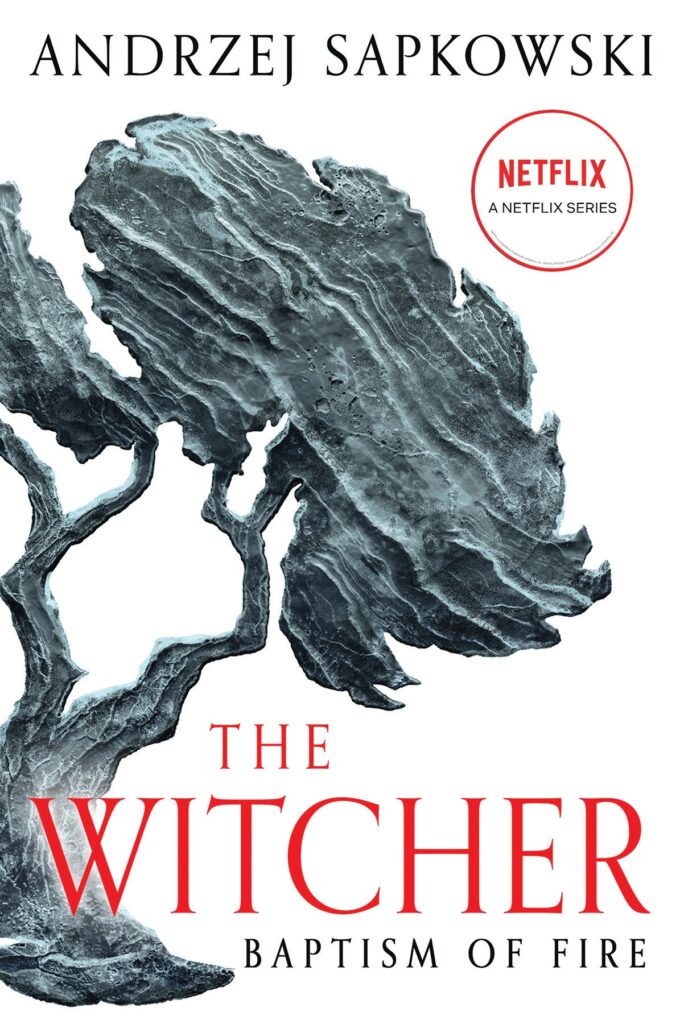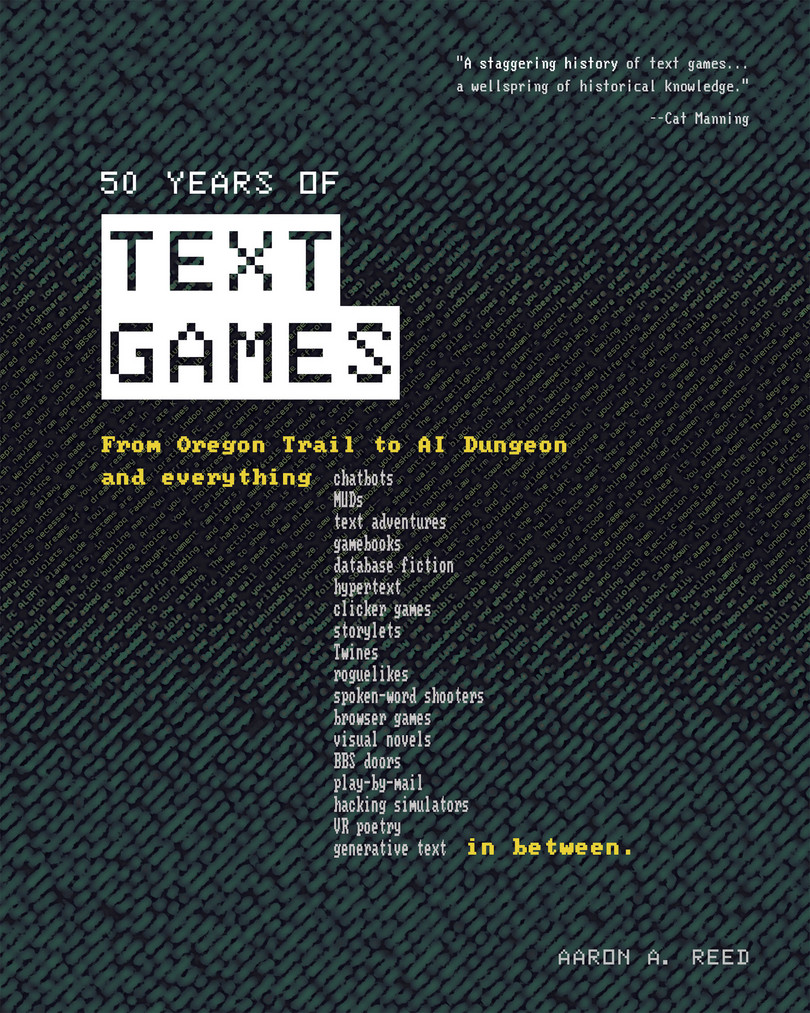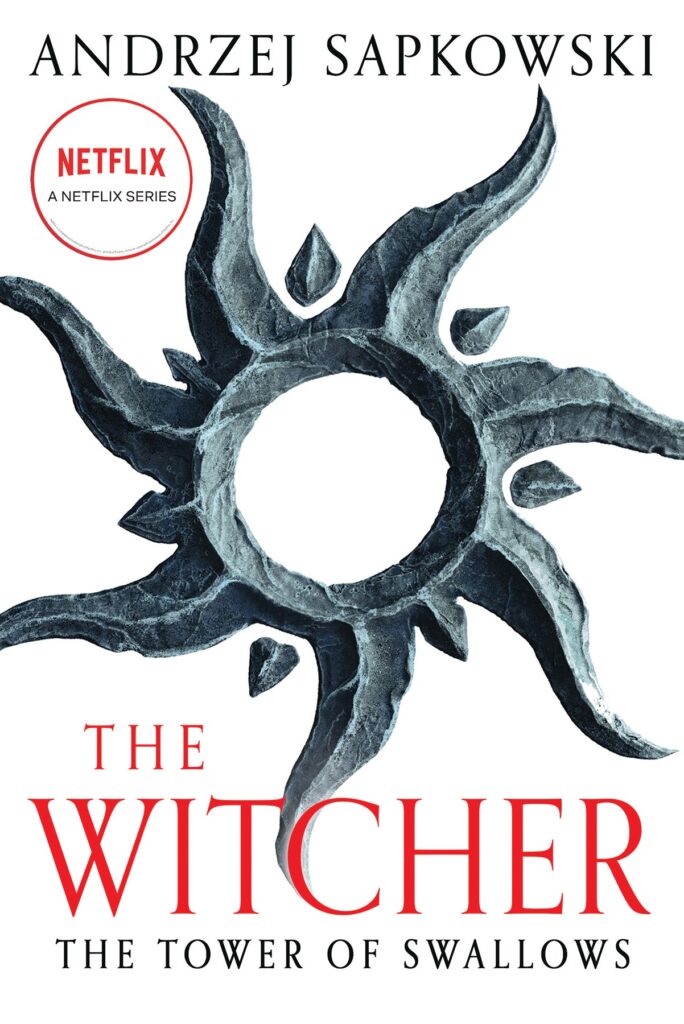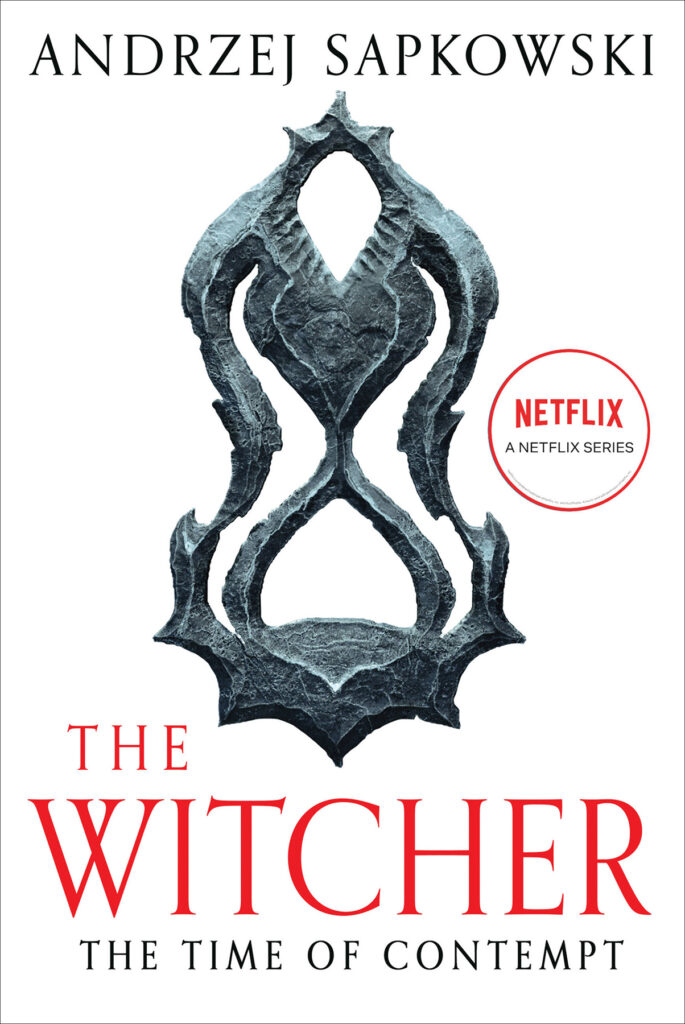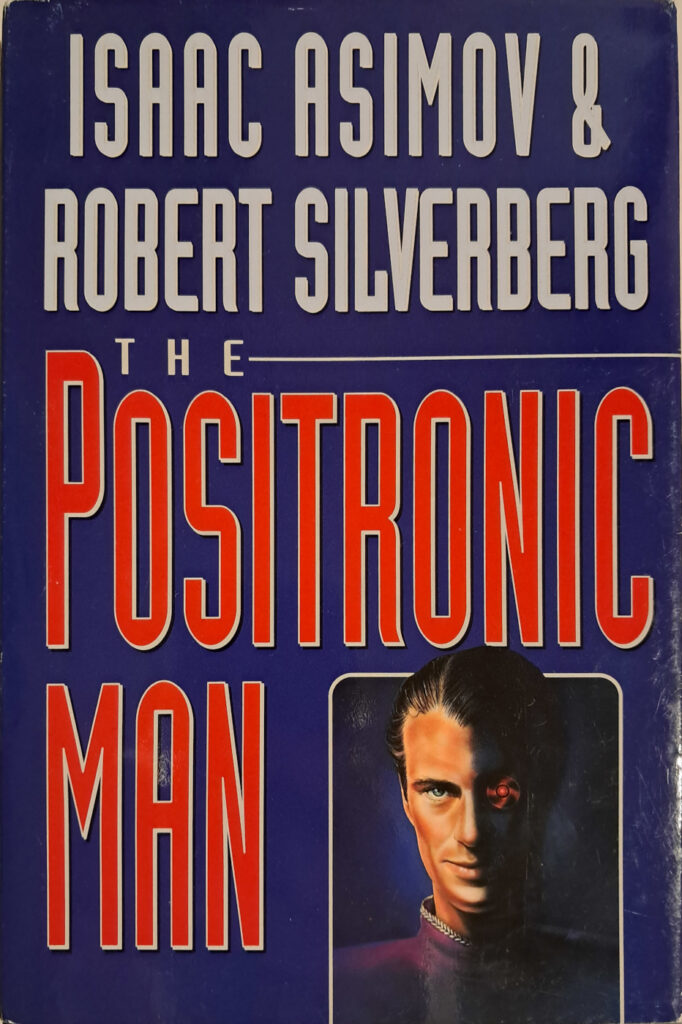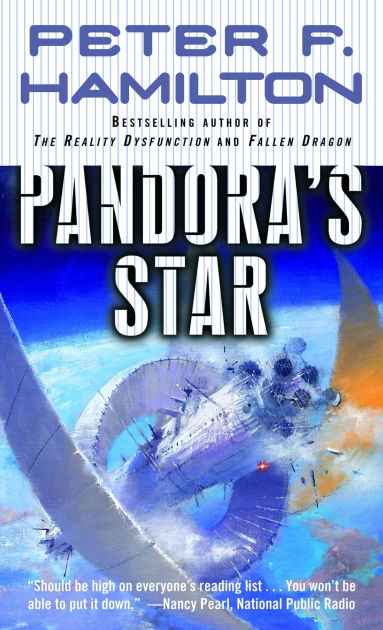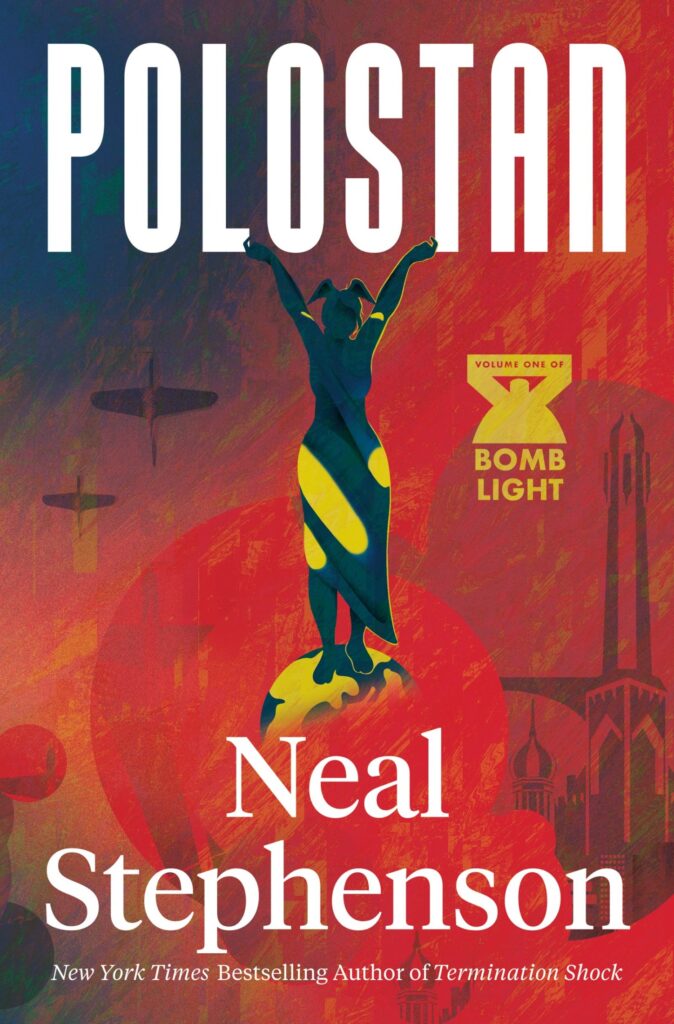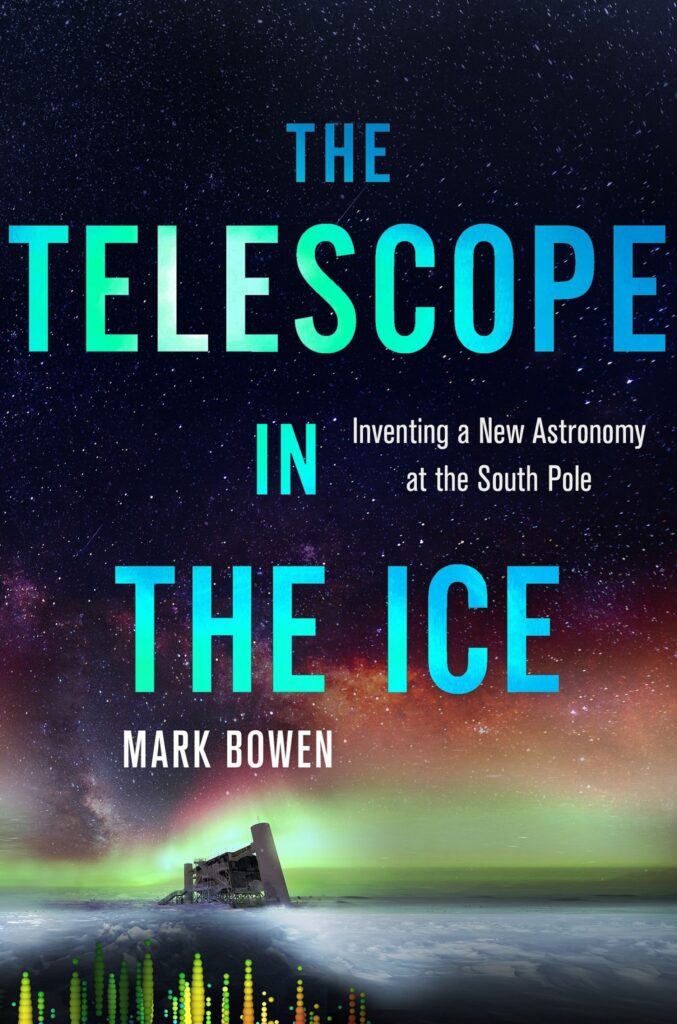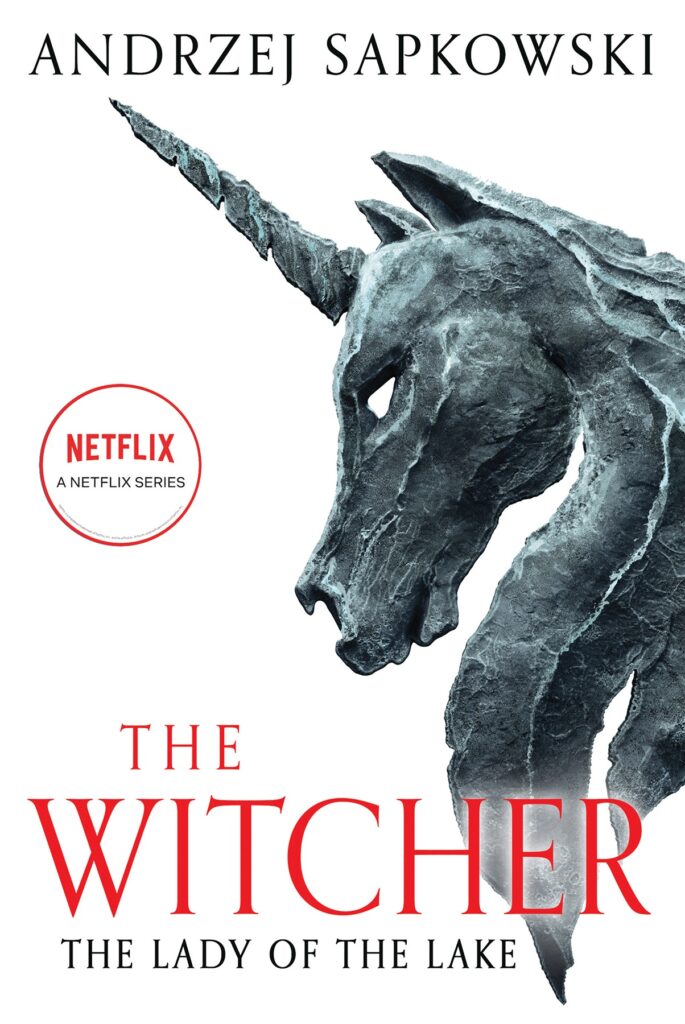
The Lady of the Lake by Andrzej Sapkowski
This is book 7 in the overall Witcher series and book 4 in the subset called “The Witcher Saga.” It’s the culmination of the storyline centered on Cirilla.
I think the story got away from the author. I think the Witcher was strongest when he was doing retellings of classic fairy tales. The “Saga” story line starts out strong, but I feel like the author didn’t figure out how to bring it all together into a satisfying ending. So things get a bit absurd and then it just kind of ends.
Perhaps I just didn’t “get it.” I think he was clearly trying to do something in the vein of stories of the knights of the round table which have elements of mysticism. Perhaps someone with a better background in that literature would “get it.”
Somehow that was the only book I finished reading in January though I’m in the middle of a few others.
